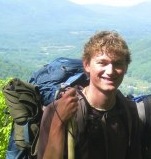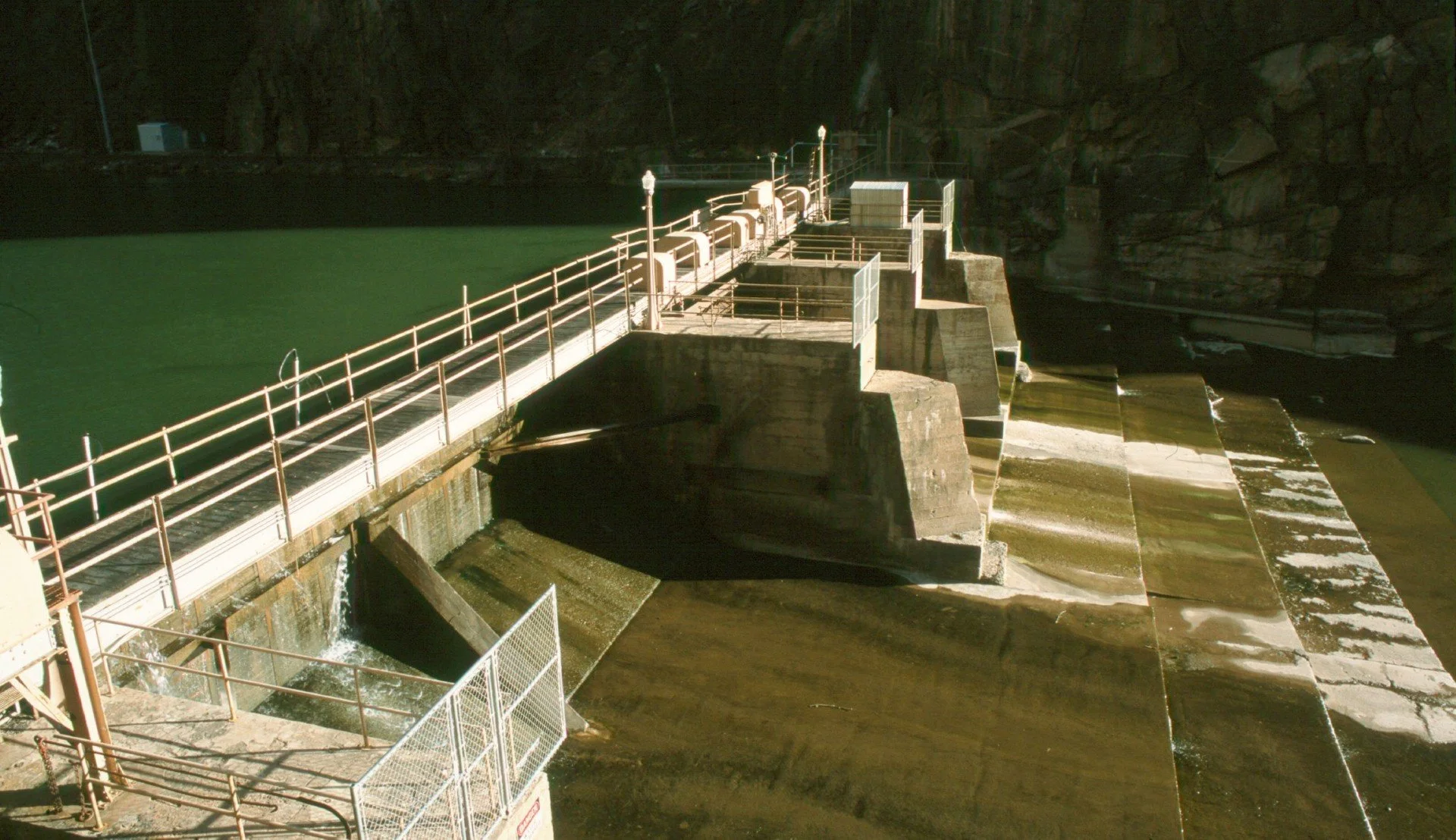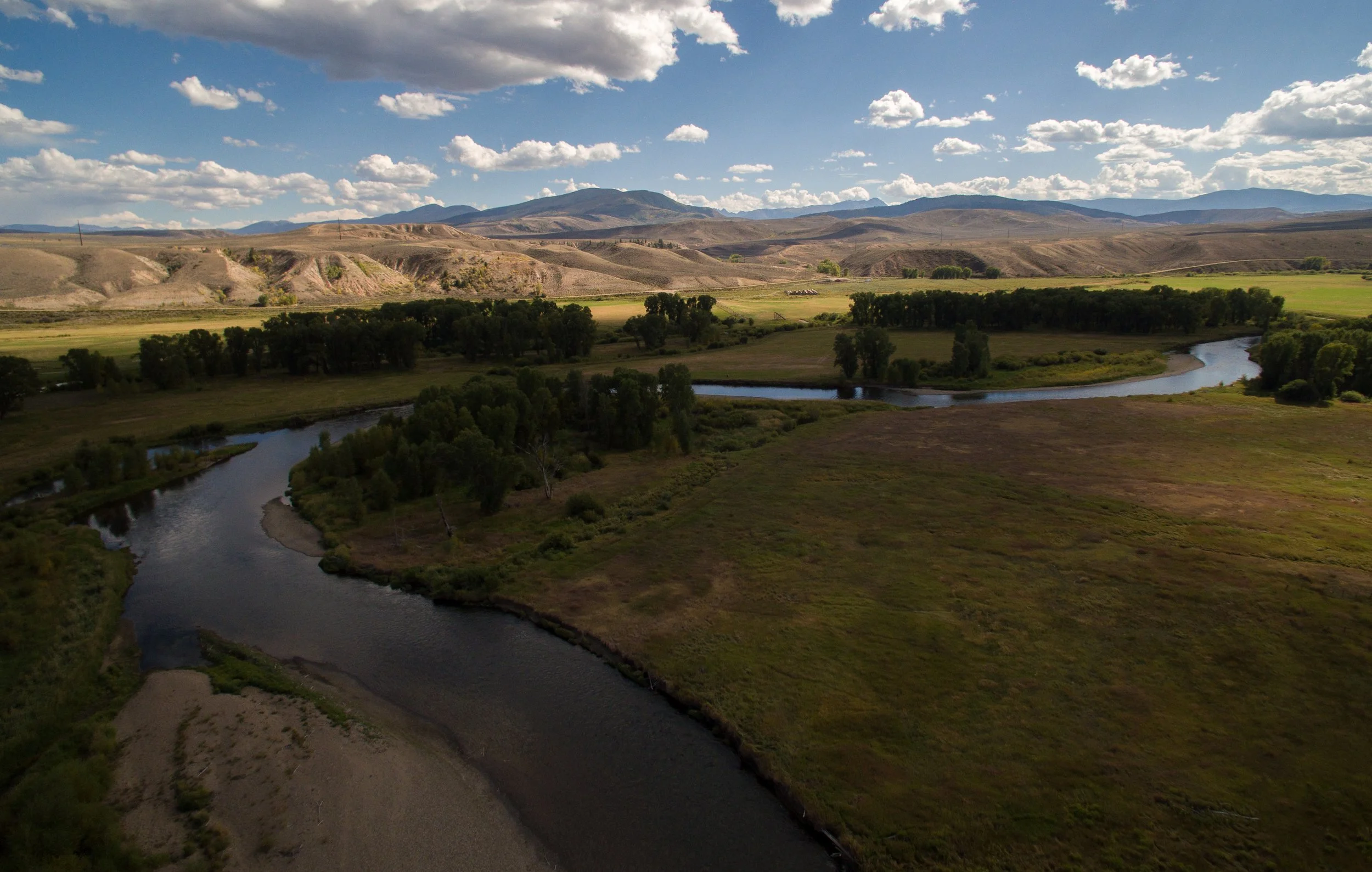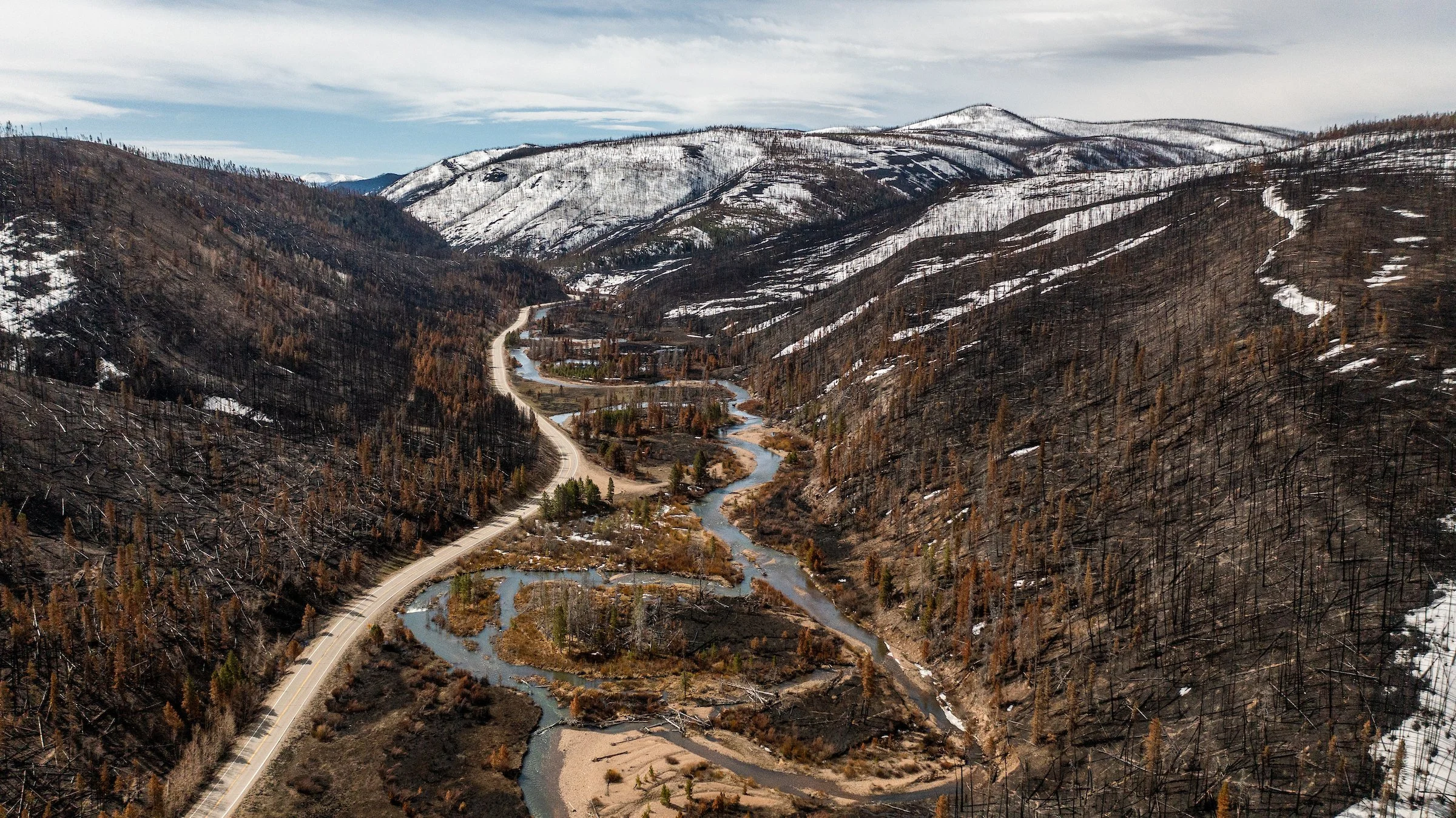Colorado Trout Unlimited would like to welcome the two newest members of the Trout Unlimited Family. Jacob Lemon and David Thompson have joined the staff as AmeriCorps Vista Volunteers focused working with local chapters and communities across Colorado to strengthen our youth conservation education and RiverWatch water quality monitoring programs. David Thompson joins the TU team as the River Watch Field Coordinator. “I’m so excited to have this opportunity. Not only do I get to work in the water quality field but I get to do it while working for Trout Unlimited,” says David.
David comes to TU from Thurmond, West  Virginia where he served as a Vista Volunteer for the New River Gorge National River as a water quality specialist. He worked on many projects in the area including the State of the New River Report and participated in the Park’s Long Term Monitoring Program for the New River and its’ tributaries. Before starting his service in West Virginia, David earned his Bachelor’s of Science degree in Civil Engineering from the University of Portland in Portland, Oregon. He is a native of Billings, Montana.
Virginia where he served as a Vista Volunteer for the New River Gorge National River as a water quality specialist. He worked on many projects in the area including the State of the New River Report and participated in the Park’s Long Term Monitoring Program for the New River and its’ tributaries. Before starting his service in West Virginia, David earned his Bachelor’s of Science degree in Civil Engineering from the University of Portland in Portland, Oregon. He is a native of Billings, Montana.
As Youth Conservation Education Coordinator Jake  will be working to develop and strengthen the Youth Conservation Education Program. Hailing from Indiana, he recently graduated from Indiana University at Indianapolis with a degree in Environmental Science. During his undergraduate years, he was involved in water quality research and outreach through his internship with a non-profit research center. Jake has been fishing with a spinning rod all his life and is very excited to get a fly rod in his hands. In his free time he enjoys hiking, kayaking, and traveling. He is a foodie of sorts and loves trying new restaurants and dishes. As a newcomer to Colorado he is excited to explore and take advantage of the outdoor recreation activities it provides!
will be working to develop and strengthen the Youth Conservation Education Program. Hailing from Indiana, he recently graduated from Indiana University at Indianapolis with a degree in Environmental Science. During his undergraduate years, he was involved in water quality research and outreach through his internship with a non-profit research center. Jake has been fishing with a spinning rod all his life and is very excited to get a fly rod in his hands. In his free time he enjoys hiking, kayaking, and traveling. He is a foodie of sorts and loves trying new restaurants and dishes. As a newcomer to Colorado he is excited to explore and take advantage of the outdoor recreation activities it provides!
AmeriCorps VISTA is a national program coordinated in Colorado by the Western Hardrock Watershed Team that matches highly enthusiastic and skilled volunteers with local and national non-profits in hopes of creating long term impacts on the communities they serve.
Based out of our Denver office, both David and Jake will be reaching out to Colorado TU chapter leaders in the coming months. They can be reached by emailing david.thompson@coloradotu.org and jake.lemon@coloradotu.org, respectively.









